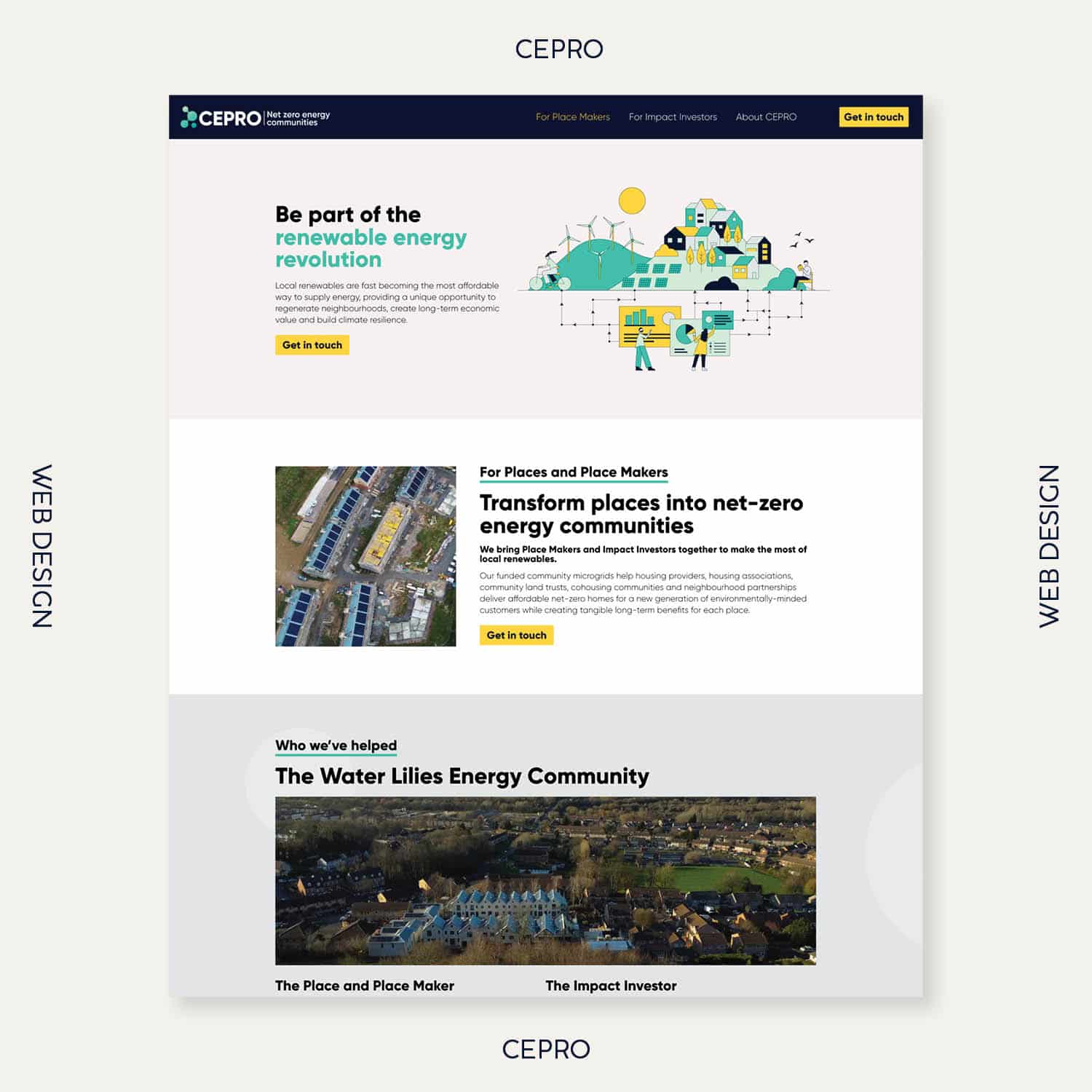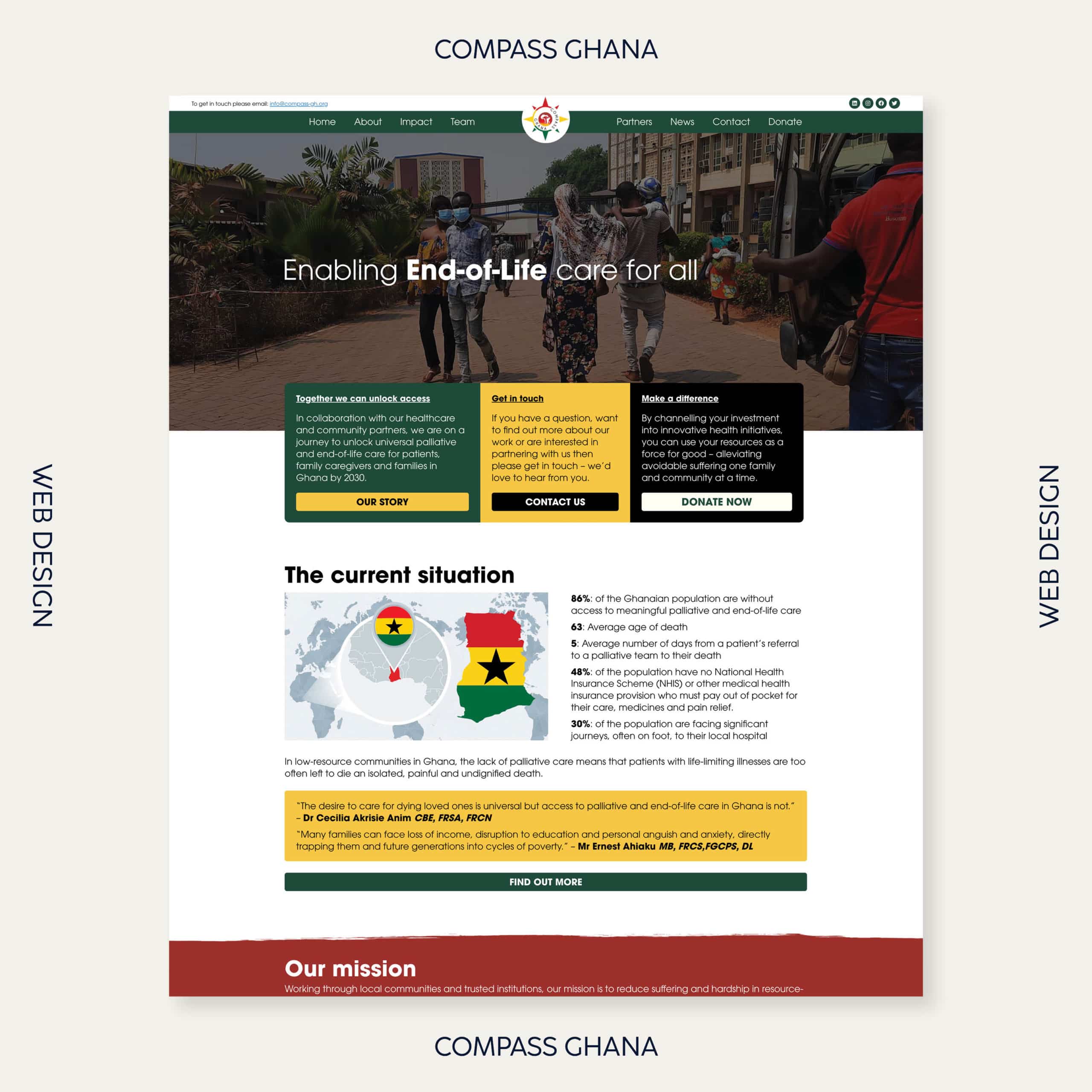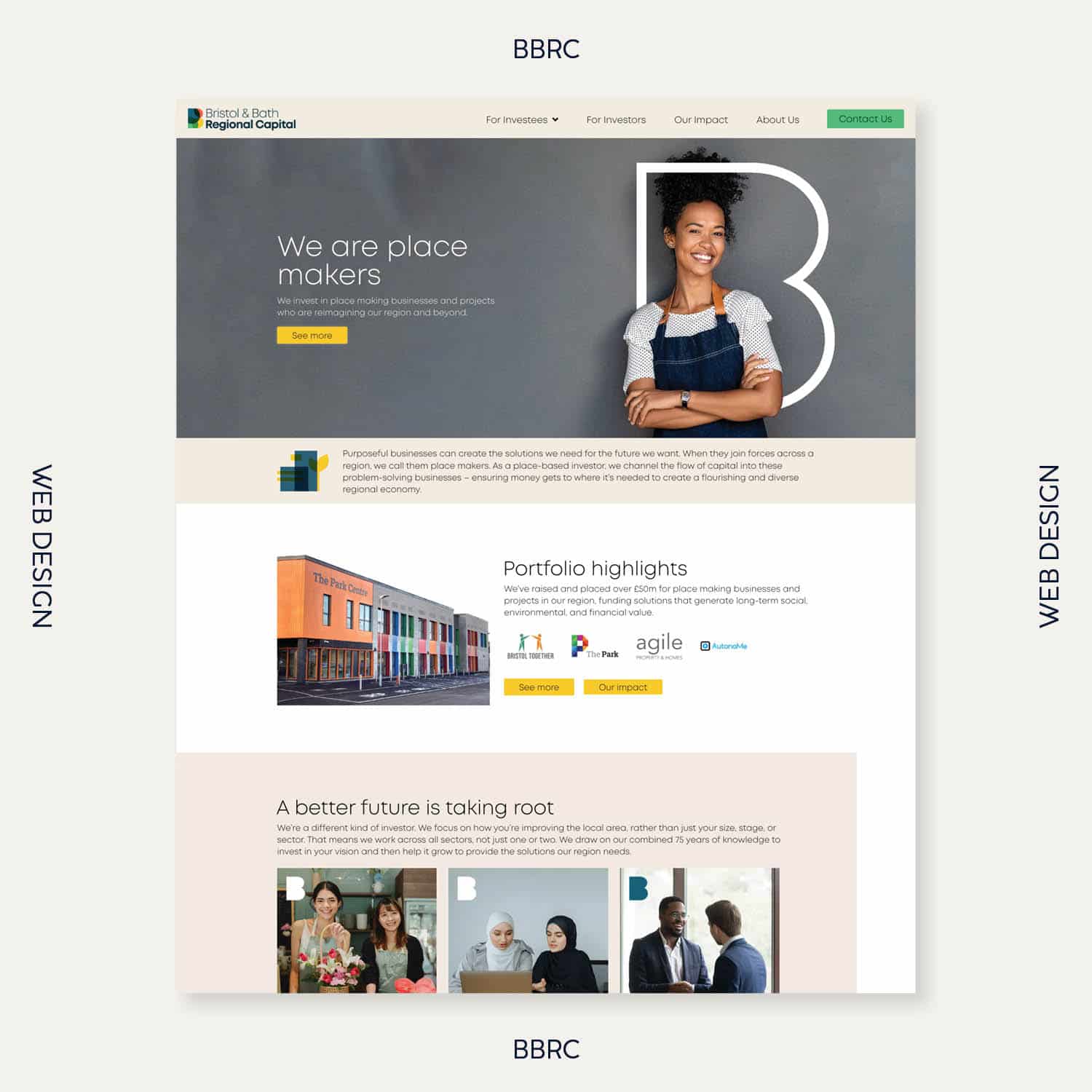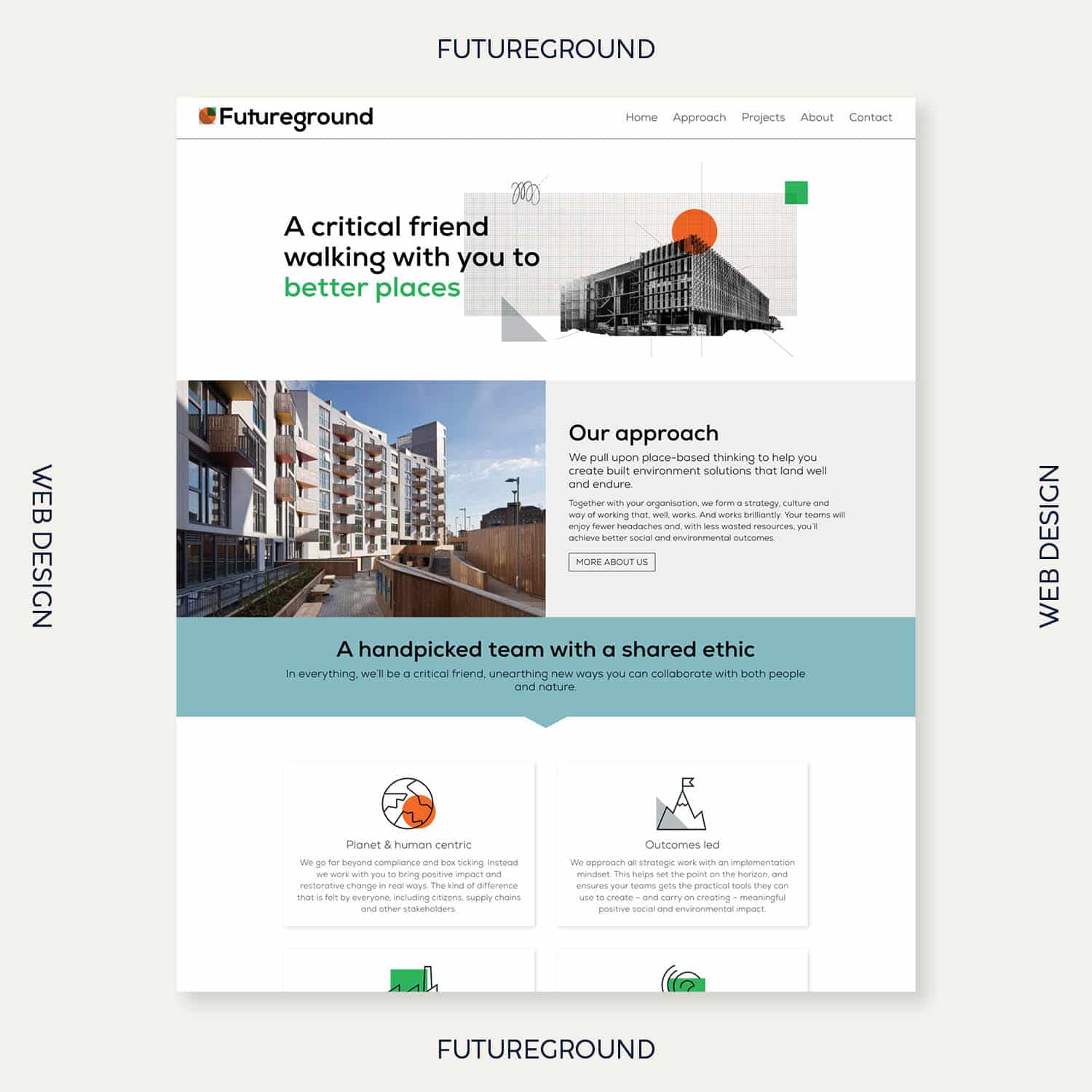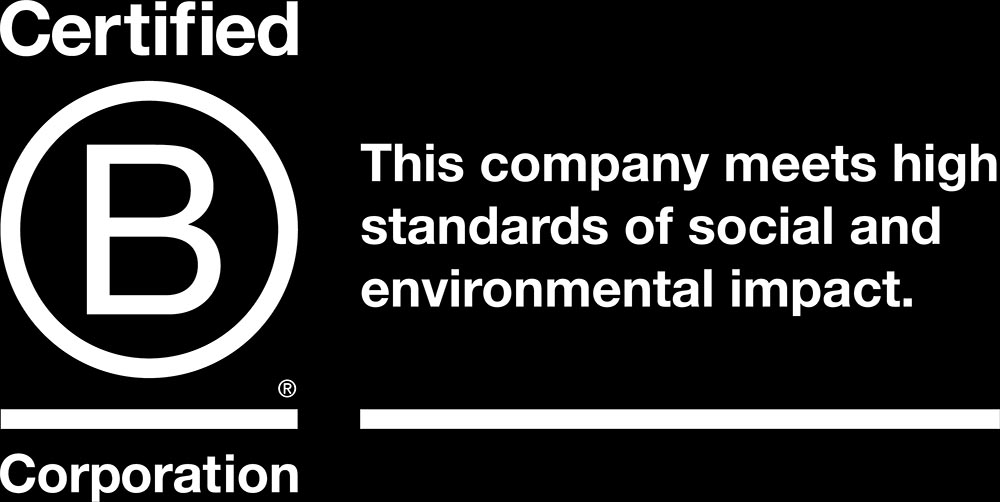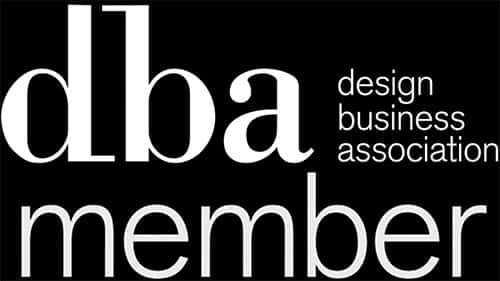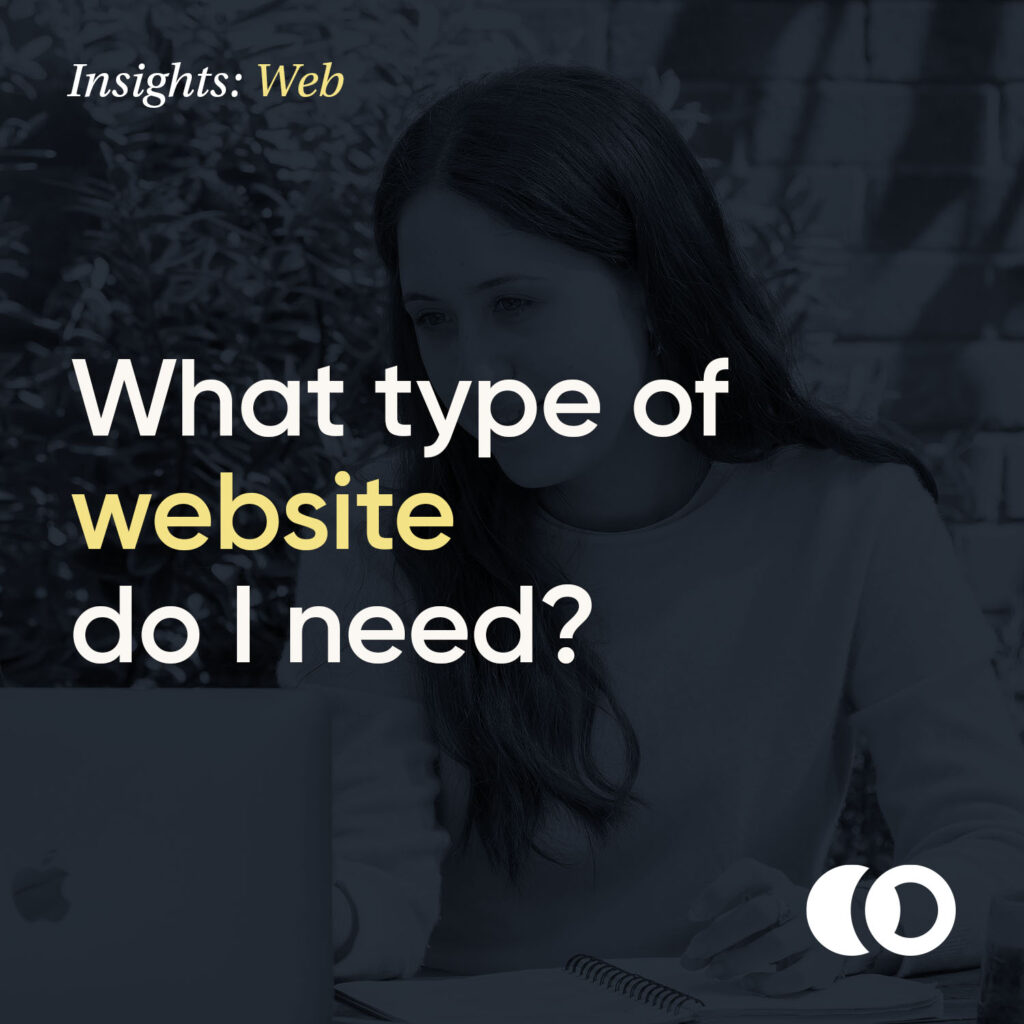
Blog Archive
What type of website do I need?
Author: Ed Garrett – circa 10 minute read
So you’ve established that your current website needs more than a bit of TLC and you are ready to commission a redesign. But where do you start and who do you turn to?
The type of business or charity that you are, as well as what you want to achieve with your online presence will help to define what type of website you need, and the good news is you have a number of options to go about building it. From budget friendly DIY options, to hiring skilled freelancers or agencies with a whole range of design, web, UX and copywriting expertise – now it’s just a matter of choosing the right direction.
Considering the size and functionality your site needs, as well the budget and time you have to commit to the project will help you to self assess whether you need to commission a professional or if you’d be better off taking a shot at it yourself.
Below we have detailed three stages of an organisation’s journey – small business, start-ups and early stage charities, scale-ups and larger charities. We cover the type of website you might need and some of the delivery options available to help you make that all important decision (feel free to skip to the section that relates you).
Small business owners
At one end of the scale we have small business owners and solo entrepreneurs. You might have recently launched your business and now need to step up from your social media pages and create a website for people to find out who you are, what you do and how to get in contact.
To begin with, it’s important to consider how complex your site needs to be. If you only need a 1 or 2 page site then there are a lot of brilliant DIY options including WIX and Squarespace that are relatively straightforward to use, have lots of starter templates and let you drag and drop the elements you need. If you want more advanced functionalities like ecommerce stores there are platforms like Etsy and Big Cartel.
You do need to consider how much time you have and how much money you’re able to invest. DIY options are flexible and affordable, ranging from around £4-35 per month for a range of basic to premium plans. After all, if your website isn’t likely to be a huge source of leads and revenue for you, at this stage it doesn’t make sense to spend thousands of pounds building it.
But, it’s worth remembering to factor in the time it takes for you to build the site yourself, as well as create the copy and content to populate it with – which may well take much longer than expected. If the DIY route is out of your comfort zone or skill set, or you simply don’t have the time to do it, then hiring a freelancer could be a safer bet and this is likely to cost you in the region of £600-£2000.
And remember, your time is valuable. You need to weigh up whether you have the capacity to learn how to build and manage your website yourself, or if your energy is better spent running your business and servicing clients.
Start-ups and early stage charities
Is your business or charity starting to get some traction? For start-ups or non-profits wanting to make a real impact and a good first impression, a professionally designed website is likely to be a much better fit. To attract the right investors, build visibility in a competitive market and demonstrate credibility when applying for grants and funding, a unique and professional digital presence is crucial for success. With users taking anywhere from 0.5 to 3 seconds to form an opinion that determines whether they like your site (you) or not, a stand out site is more important than ever in getting your visitors on board.
At this stage, your website is likely to be 4-6 pages which cover who you are and why you exist, what you do and how you do it, who you support as well as case studies, testimonials and social proof. Bespoke design, branded image treatment and well articulated copy will make sure you stand shoulder to shoulder with your competitors and give you the platform you need to enter the market with confidence. As a growing organisation, you’re also likely to be time poor so getting some help will be a welcome break from doing all the heavy lifting yourself.
You’ll be pleased to know that you still have a number of options to suit your budget. Freelance designers may charge anything from £1000-£2500 for a medium sized website, although some may be cheaper or more expensive depending on experience and what you’re after. Websites like Working not Working, Fiverr, Upwork and locally, Bristol Creative Industries, are great places to search for freelance creatives with a range of skills and styles to help you turn your vision into reality. But do be aware that you get what you pay for, if someone is offering a whole website for £300 on one of these platforms, it may be too good to be true!
Your other option is smaller design agencies which can cost from £5000-£10,000. Whilst often more expensive than individual freelancers, working with a design agency on your website gives you access to a whole team of specialist designers, copywriters, UX strategists and more. Plus, because there is usually more than one person working on your project and less reliance on one individual, this can mean potentially faster turnaround times as they’re working day in day out on projects like yours – so if time is of the essence for your funding deadlines then this may be the way to go.
The digital acceleration that has happened over the last few years has meant that the benchmark of a good website has risen and the competition is stronger than ever before. To stay ahead of the competition, and particularly when there is investment, sales or funding at stake, it really is worth putting the effort and resources into a strong web presence both for now and for the future.
Take a look at these websites we built for the CEPRO and Compass-Ghana.
CEPRO are a renewable energy business who fund and build community microgrids. Initially We built them a user led, 3 page website to align CEPRO’s target customers with their purpose and created a professional face to the brand which helped them secure vital investment funding. Compass Ghana registered as a Charitable Incorporated Organisation (CiO) in 2022; they partner with Ghana-based specialists to help address the urgent and critical need for Palliative and end-of-life care. We helped them to launch the organisation and establish credibility with essential partners and funders.
Scale ups and larger charities
Scale ups are businesses and charities who are often 5-10 years into their journey, with 10+ staff and growing by more than 20% per year by either employee growth, turnover growth or both. At this exciting stage of your evolution, it is important to review your current digital strategy and whether it will support your objectives over the next 2-5 years.
In our article titled ‘Do you really need a new website?’ we ask you to consider whether your website represents what you currently do, your customer profiles (now and in the future) and your products and services. Now that you’re competing in a best of breed environment, to help you stand out from the crowd you need to ensure that your brand and digital presence reflects the quality of your work, the problems that you solve and the people that you support.
Your website could easily be 10+ pages with multiple product sets, services and customer groups. You might have thought leadership content and news feeds, detailed case studies and complex solutions or technologies to showcase throughout the site. You may also want to consider using iconography, illustration, infographics and explainer videos to communicate your message in a more visually engaging way, and your website is a brilliant way to bring these branding elements to life.
For these types of projects, a design agency is your best bet to get the website running as you need it to. Having an experienced agency run a discovery session and messaging workshop can also be super useful in clarifying your services, products or mission – we have found that an outside perspective can do wonders and help when you are getting caught up in the intricacies and complexities of your own business. From a speciality web development agency to branding agencies that create websites, there’s a whole range to choose from with prices ranging generally from £10k to £20k plus.
Agencies should also offer training so that you can easily manage the website yourself post handover, and be on hand to answer any questions if you come into difficulty. There’s also the opportunity to continue working with them for future website updates and content creation (blogs and case studies) which will help you build authority and establish trust within your market.
Take a look at the brand and site we created for Bristol and Bath Regional Capital which helped to elevate their public image and present them as an established and credible organisation. We also redesigned the Futureground website to help them to grow the business and diversify their client base.
So, what next?
At The Discourse, we have been designing incredible brand identities, websites and content marketing campaigns for well over 5 years. We’ve proven that organisations that embrace brand, the web and content are more successful over the long term. Our clients typically spend from £5k to £20k on brand strategy and design, website projects range from £5k to £20k depending on size and functionality.
If you’re ready to take your brand to the next level, you can get in contact today via our contact page or by emailing us at [email protected].


